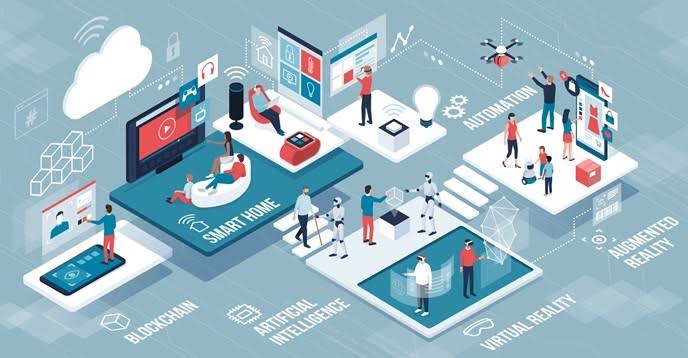Egypt’s digital transformation journey is inextricably linked with the boundless potential of Artificial Intelligence. From healthcare and agriculture to finance and education, AI is forging a new path of innovation, efficiency and progress. As Egypt harnesses the transformative power of AI, the nation’s ability to solve complex challenges and embrace opportunities is being elevated, propelling the country towards a future of technological prowess and sustainable growth.
Great strides in AI
Egypt has made great strides in implementing its national strategy on artificial intelligence (AI) used in the country’s digital transformation, according to recent remarks by Amr Talaat, Minister of Communications and Information Technology.
Talaat pointed out that an ambitious programme for capacity-building has been launched with the aim of providing knowledge of artificial intelligence to all segments of society.
As part of this, a comprehensive programme was launched to educate all government employees on the uses of AI, to make government operations more efficient and transparent.
Along with the establishment of the National Council for Artificial Intelligence, Egypt has made tireless efforts to optimise use of AI technology. The council was in charge of supervising the implementation of the National Strategy for Artificial Intelligence across all sectors. The move came in addition to issuing a law on protecting personal data and governing the relationship between data owners and users.
AI national strategy
The national strategy for artificial intelligence in Egypt is based on three axes, with education and training, then making practical use of the volume of dense data in Egypt and making that data available to the private sector.
The role of artificial intelligence in digital transformation emerges as a catalyst for solving environmental problems and transitioning to a green environment. The latest artificial intelligence technologies are also used to build smart cities and transform existing cities into smart ones in accordance with international standards.
Egypt has attached due importance to artificial intelligence and the use of its applications in various sectors in order to achieve the state’s goals in building digital Egypt and implementing the national strategy for artificial intelligence.
The Ministry of Communications and Information Technology (MCIT) has co-operated with various international companies to use artificial intelligence applications and innovative solutions to enhance and develop government operations.
Egypt has been selected for the position of vice-chair of the UNESCO expert group in charge of preparing the recommendations related to the ethics of artificial intelligence.
AI platform
Egypt has launched a special platform for artificial intelligence to become the country’s official portal in the field of artificial intelligence. It includes the national strategic platform for artificial intelligence, and all events, news and details of AI projects.
Enhancing healthcare delivery
AI-driven solutions has developed healthcare in Egypt. From diagnosing diseases through medical imaging analysis to personalised treatment plans, AI is optimising patient care and improving clinical outcomes. Telemedicine platforms are bridging gaps in access to healthcare services, especially in remote areas, while AI-powered predictive analytics help healthcare providers anticipate disease outbreaks and allocate resources efficiently.
Transforming manufacturing and industry
The manufacturing sector is embracing AI-driven automation to enhance production and product quality. Robots equipped with AI are performing intricate tasks, while predictive maintenance algorithms optimise equipment uptime. As Egypt seeks to enhance its industrial capabilities, AI is driving competitiveness and innovation.
Advances in education
AI is making strides in upgrading education and skills development in Egypt. Personalised learning platforms use AI to adapt content to individual learning styles, fostering better engagement and understanding. AI-powered educational tools are closing learning gaps and enabling lifelong learning opportunities for all.




